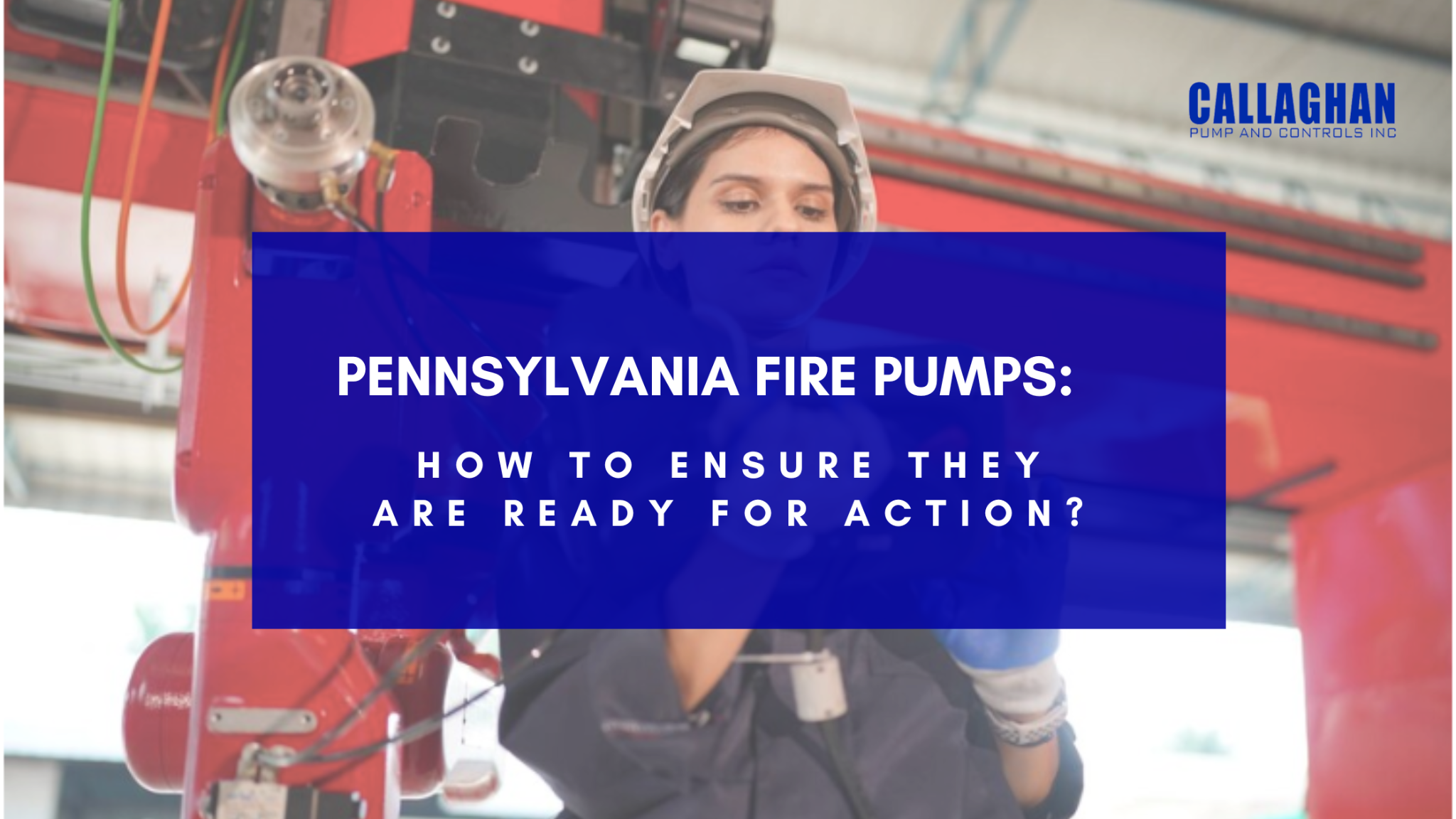
December 5th, 2024
When it comes to fire safety, Pennsylvania fire pumps play a crucial role in protecting people, property, and assets. In Pennsylvania, where buildings can range from residential homes to sprawling industrial complexes, ensuring your fire pump is ready for action is critical to any fire protection system.
A Pennsylvania Fire Pump provides the necessary water pressure to fight a fire. If a fire breaks out, it’s essential that the fire pump activates quickly and functions reliably. So, how do you make sure your fire pump is always prepared? Let’s go through some practical steps to ensure your fire pump is ready when needed.
Here are some of the steps one should follow to ensure that your Pennsylvania fire pumps are ready for action during an emergency:
The first and most crucial step in keeping your fire pump ready for action is regularly inspecting it. In Pennsylvania, as per state and local codes, fire pumps must be tested and inspected periodically by a licensed professional to ensure they are in good working condition. The frequency of inspections may depend on the property type, but Pennsylvania fire pumps should typically be inspected at least annually.
During these inspections, a technician will check:
In addition to the annual inspection, the NFPA (National Fire Protection Association) recommends monthly operational testing. This typically involves running the pump for a short period to ensure it can start and run smoothly.
Maintaining your fire pump system is just as important as testing it. Over time, dust, debris, or even corrosion can affect its performance. Regular maintenance tasks can help prevent these issues.
Your fire pump must be sized appropriately to meet the water flow and pressure requirements for your building. A pump that’s too small may not provide enough water to suppress a fire, while a pump that’s too large can waste energy and resources.
To ensure your fire pump is correctly sized, consult a fire protection specialist who can evaluate your building’s unique needs. In Pennsylvania, local codes and regulations (such as PA Act 165) dictate the required water pressure and flow rates for different types of buildings, such as residential, commercial, or industrial properties.
Fire pumps are often powered by electricity or diesel engines. In Pennsylvania, you must have a reliable backup power source in case of a power failure during an emergency. Many fire pumps are connected to backup generators that automatically kick in during a power outage. Regular testing of backup generators is also necessary to ensure they will work when needed.
Here are a few steps to ensure the backup power system is functioning correctly:
A fire pump is a vital component of your fire protection system, and ensuring it’s always ready to act in an emergency is essential for the safety of your property and loved ones. In Pennsylvania, adhering to inspection schedules, conducting regular maintenance, ensuring backup power, and keeping proper records are all key steps in keeping your Pennsylvania Fire Pump operational. By following these best practices, you can have peace of mind knowing that your fire pump will perform when you need it most.
Stay safe, and remember—when it comes to fire safety, preparation is everything. For more information, contact us today.
john@callaghanpump.com,
eileen@callaghanpump.com,
dan@callaghanpump.com,
sales@callaghanpump.com,
service@callaghanpump.com












